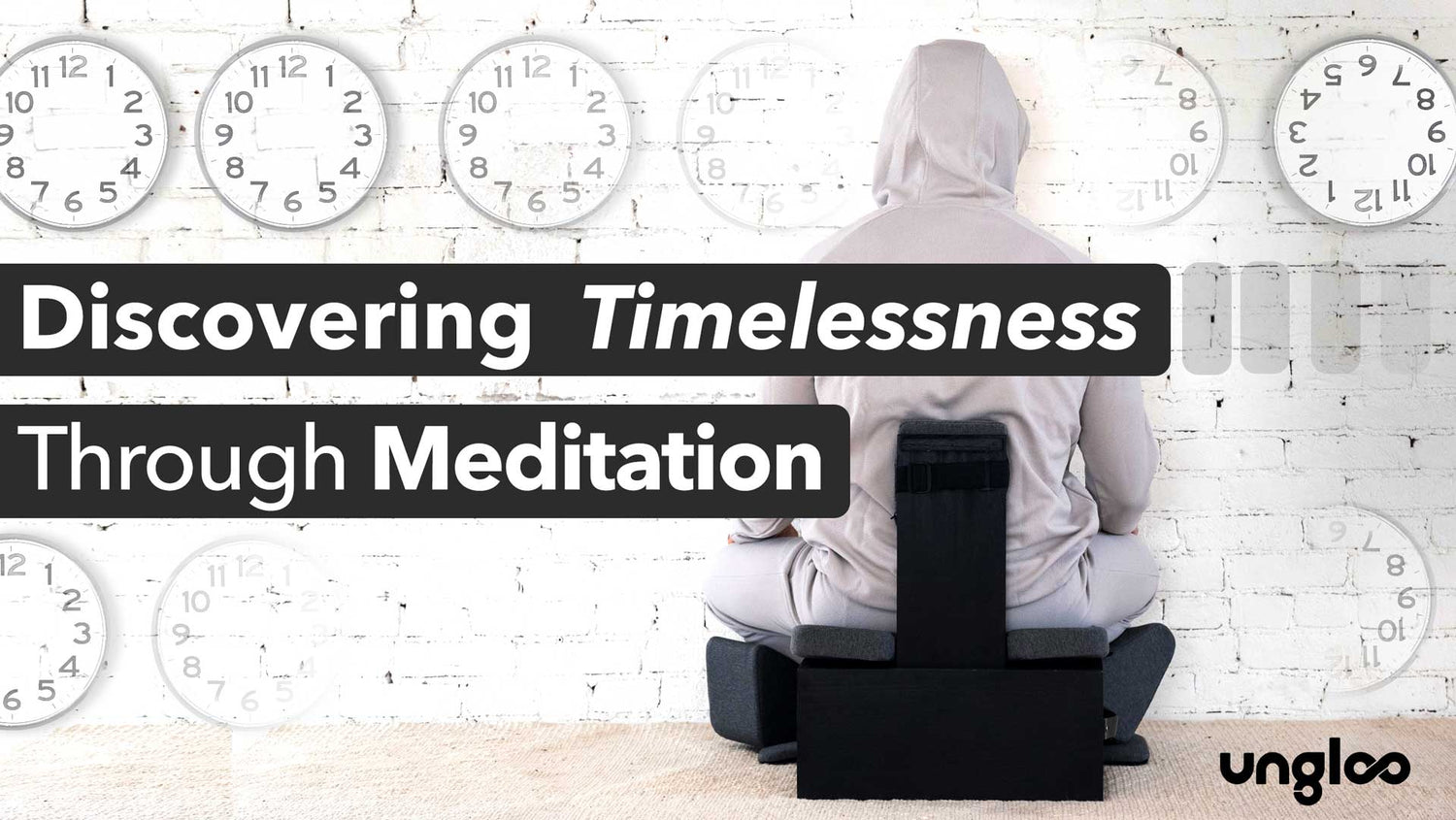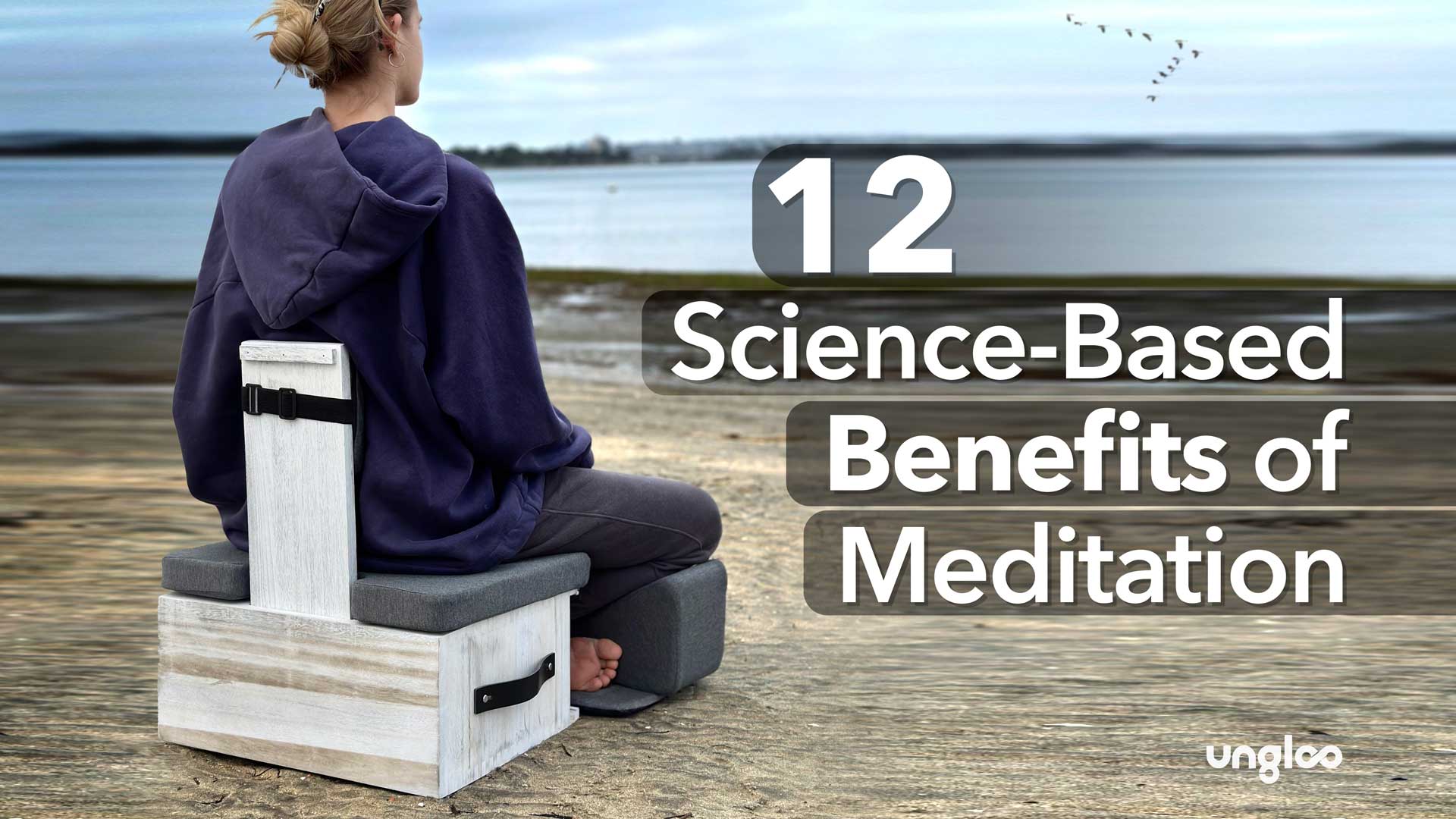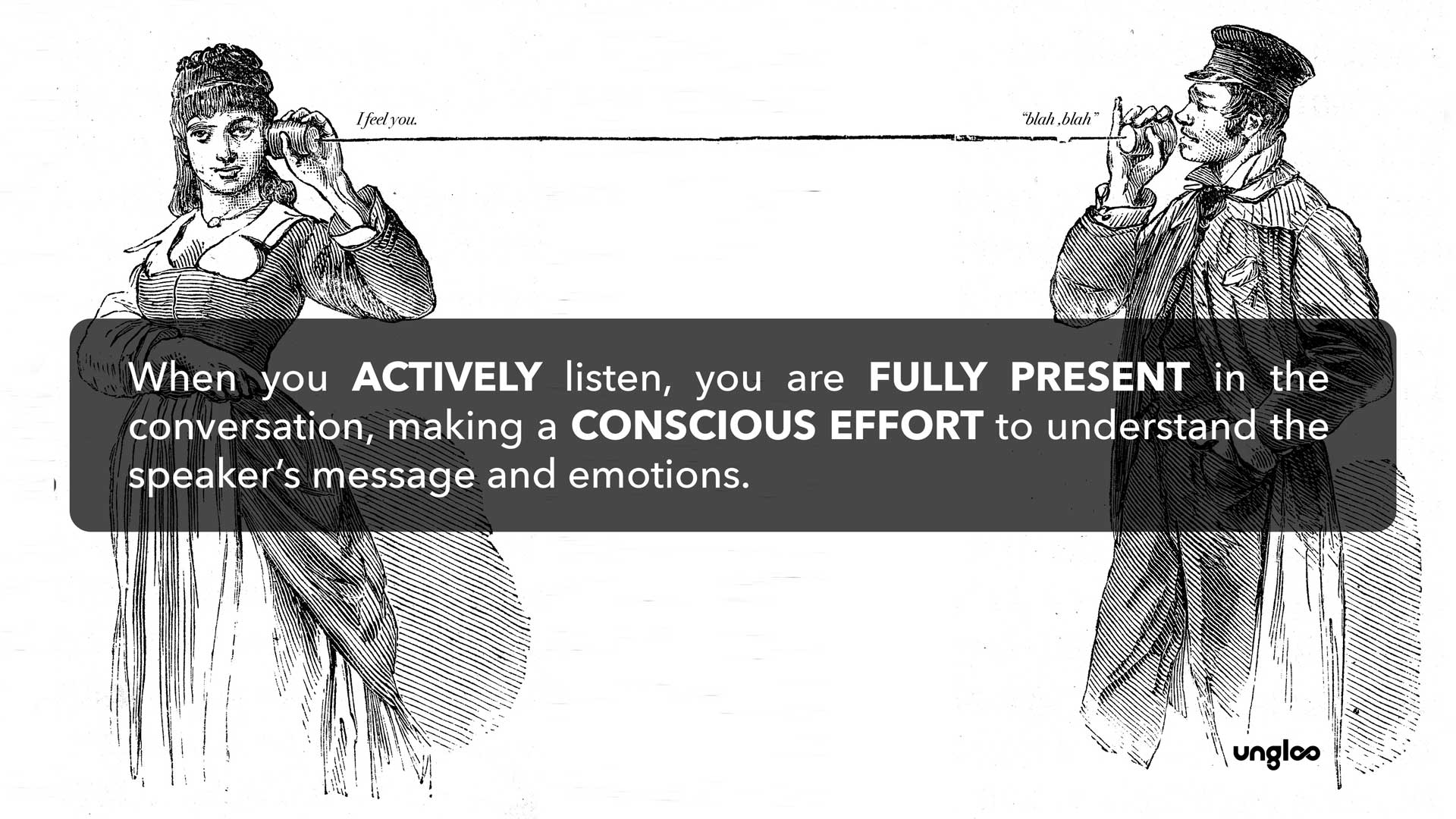Have you ever felt like time is slipping through your fingers, leaving you racing against the clock? In a world where everything seems to move at lightning speed, the concept of slowing down time might sound like an elusive dream.
Imagine having more time to savor each moment, to experience life fully, and to appreciate the beauty of the present. This is the promise of meditation, the ability to create a sense of timelessness, where each moment expands to its fullest potential.
Key Takeaways:
- Meditation can influence your perception of time, either speeding it up or slowing it down.
- Slowing down time through meditation can help you savor and appreciate life's moments.
- Entering a state of 'flow' during meditation can make time seem to fly by, enhancing your productivity and focus.
The Relativity of Time
As you go through life, you may have noticed a curious phenomenon, the older you get, the faster time seems to pass. What used to feel like an eternity as a child now seems like a mere blink of an eye. This discrepancy between our subjective experience of time and the objective passage of time has puzzled scientists and philosophers for centuries.
The great Albert Einstein introduced the concept of time relativity, suggesting that time is not an absolute, but a subjective experience. Our perception of time can be influenced by various factors, including our state of mind and the activities we engage in.
Meditation and Time Perception
One of the intriguing aspects of meditation is its ability to influence your perception of time. Research has shown that meditation can both speed up and slow down your sense of time, depending on how you practice it.
Entering a State of Timelessness
Some meditation practices can transport you to a state of timelessness. When you engage in mindfulness meditation, for example, you focus your attention on the present moment, letting go of the past and future.
In this state, you become fully immersed in the 'now,' and time seems to stretch out infinitely. You may feel like you have all the time in the world, allowing you to savor the richness of each moment.
Imagine sitting in a serene garden, the warm sun on your skin, the gentle rustling of leaves in the breeze, and the sweet scent of blooming flowers. In this state of mindfulness, seconds can feel like hours, and you become acutely aware of the smallest details of your surroundings. This is the magic of meditation, the ability to elongate time and experience a sense of timelessness.
The Flow State: When Time Flies
On the flip side, meditation can also catapult you into a state where time seems to fly by. This is known as the 'flow state,' a term coined by psychologist Mihaly Csikszentmihalyi. In the flow state, you are so engrossed in an activity that you lose track of time altogether.
Have you ever been so absorbed in a task that you didn't notice the hours slipping away? This is the essence of the flow state. During meditation, you can achieve this heightened state of focus and productivity. It's as if time stands still because your awareness is fully concentrated on the task at hand.
The Science Behind Meditation and Time
Research into meditation's impact on time perception has yielded fascinating insights. A study published in PLoS One in 2019 asked participants to engage in mindfulness meditation for 30 minutes. The results were intriguing, participants consistently underestimated short time intervals and overestimated longer ones. In other words, time appeared to pass more quickly for those in a meditative state.
The study's authors suggested that during meditation, individuals may enter a state of 'timelessness,' where conventional cognitive processes related to time processing are suspended. This suspension of time awareness can create the illusion of time moving faster.
On the contrary, earlier research indicated that mindfulness meditation can increase time sensitivity and lead to the perception of longer durations. The state of heightened mindfulness appears to make individuals more attuned to the passage of time.
The Relationship Between Meditation and Time
While the research is still evolving, one thing is clear, meditation has the power to alter your relationship with time. However, there are some challenges in understanding the connection fully.
Most studies have focused on relatively short-term meditators, leaving room for more research on long-term practitioners. It's predicted that individuals with extensive meditation experience may develop a more accurate perception of time, aligning their subjective time with objective clock time.
The effects of meditation on time perception are likely linked to changes in the brain. Meditation and mindfulness practices are known to influence brain structure and function, but further research is needed to unravel the intricacies of this relationship.
Choosing Your Path to Timelessness
The world of meditation is vast and diverse, offering various techniques to explore timelessness. Whether you wish to slow down time and savor each moment or enter the flow state to boost productivity, meditation can be your guide.
Here are some meditation practices to help you navigate your unique journey towards timelessness:
Mindfulness Meditation
Mindfulness meditation is a gateway to the present moment. It encourages you to let go of the past and future, anchoring your awareness in the now. By focusing on your breath, bodily sensations, or the world around you, you can elongate moments and experience a profound sense of timelessness.
Flow Meditation
Flow meditation is all about achieving a state of intense focus. Whether you're painting, writing, or engaging in any creative endeavor, flow meditation allows you to lose yourself in the task. Hours can feel like minutes as you become fully absorbed in your chosen activity.
Transcendental Meditation
Transcendental Meditation takes your mind to a place of stillness and tranquility. It offers a sense of 'time out' from the chaos of everyday life. Transcendental Meditation can bring you into the present moment, allowing you to experience time in a unique way.
Vedic Meditation
Vedic meditation, an ancient practice from India, powers down your mind to a state of stillness. In this state, you may feel as if time stands still, offering a sense of expansiveness and serenity. Vedic meditation helps you stay connected to the present moment.
Should You Use Meditation to Change Your Relationship to Time?
The decision to use meditation as a tool to alter your perception of time depends on your intentions. If you seek to become more productive or gain 'extra time' for tasks, it may not be the ideal strategy. However, if your goal is to savor and appreciate life's moments fully, meditation can be a powerful ally.
Embracing a sense of timelessness can enhance your well-being, allowing you to relish each experience. Additionally, entering the flow state during meditation can lead to peak performance and productivity, where you lose track of time in the best possible way.
Begin Your Journey to Timelessness
If you're intrigued by the prospect of experiencing timelessness through meditation, the first step is to start your practice.
Meditation can be daunting for beginners, but with dedication and the right approach, you can unlock its benefits.
Choose Your Meditation Style
With a plethora of meditation styles available, find the one that resonates with you. Whether it's mindfulness, flow, Transcendental, or Vedic meditation, select a practice that aligns with your goals.
Commit to Consistency
Meditation is a habitual practice, and consistency is key. Dedicate time each day to your chosen meditation style, even if it's just a few minutes. Over time, you'll notice the profound impact on your perception of time.
Explore Meditation Tools
Numerous meditation apps and resources are available to support your practice. Apps like Headspace and the Healthy Minds Program App offer various meditation practices and tracking tools to help you gauge your progress.
For those looking for more support while meditating, you can try our Ungloo Box, a meditation chair specifically designed for back, hip, and knee support.
Seek Guidance
Consider learning from a meditation instructor who can guide you in establishing a practice that suits your needs. A daily meditation routine can be a powerful tool for stress prevention and enhanced well-being.
"Come to Your Senses"
One simple practice to bring you into the present moment is "Come to Your Senses." Engage each of your senses, noticing and naming what you see, hear, smell, feel, and taste. This exercise can reallocate your sense of time, reducing worry and rumination.
Embrace Timelessness: Your Journey Begins Now
In a world where time often feels like a fleeting resource, meditation offers you the incredible gift of timelessness. Embrace the present, lose track of time in the flow, and relish the beauty of each timeless moment. Your journey towards timelessness begins with the first mindful breath.



